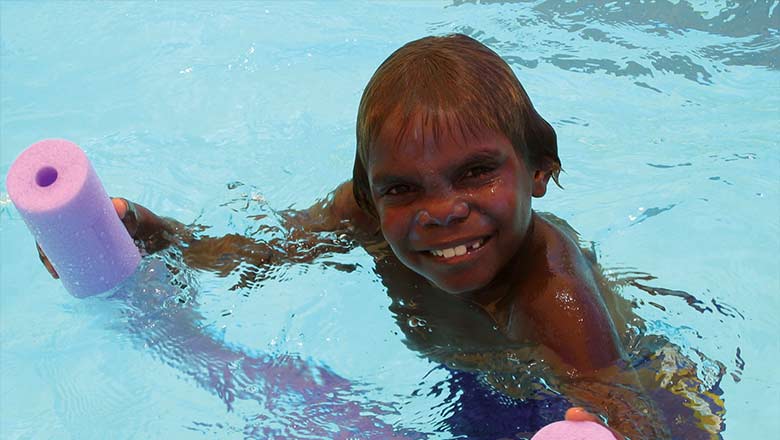Search
News & Events
Researchers investigate childhood diet and teen anxiety and depression linkA study to investigate mental health and dietary patterns throughout childhood and into adolescence has received a $57,800 grant.

News & Events
Remote pools boost Aboriginal child healthA comprehensive study into the impact of swimming pools in remote Aboriginal communities has found significant health and social benefits for children.
News & Events
Gap between death rates for Aboriginal and non-AboriginalGAP BETWEEN DEATH RATES FOR ABORIGINAL AND NON-ABORIGINAL INFANTS WIDENING
News & Events
Perth researchers to trial bird flu vaccinePerth researchers have begun a trial to test the effectiveness of a new vaccine to protect against the potentially deadly bird flu.
News & Events
Pain of forced separation affecting a new generationA new report has found that the long term effects of past government policies to forcibly separate Aboriginal children from their families are being felt
News & Events
Perth researchers receive national suicide prevention awardsSuicide prevention researcher Kate Miller has been recognised for her innovative work in developing safe, effective online resources for young people.
News & Events
Watch out Super Nanny - Australian parents are doing it for themselves!The first large scale scientific evaluation of group-based positive parenting programs has found that the intervention reduces behavioural problems
News & Events
Parents advised to rethink dummy useA comprehensive review of scientific studies on the use of baby pacifiers (dummies) has found that they interfere with successful breastfeeding.

Discover the impact of your generosity.

Our research is structured into research themes, programs of work and teams. We are committed to collaboration and to work together.
